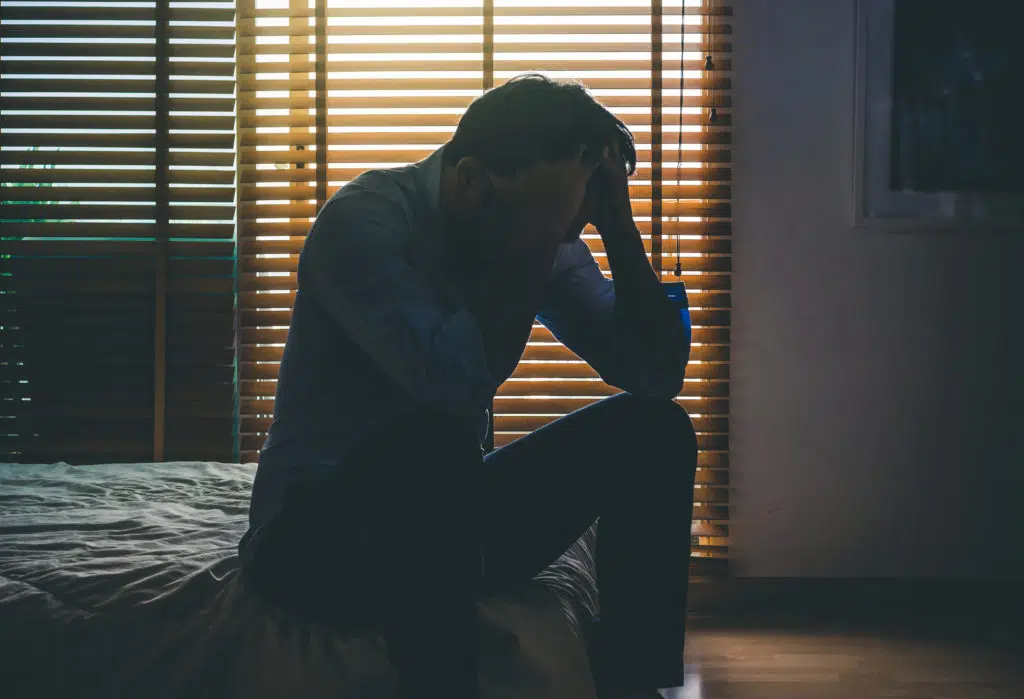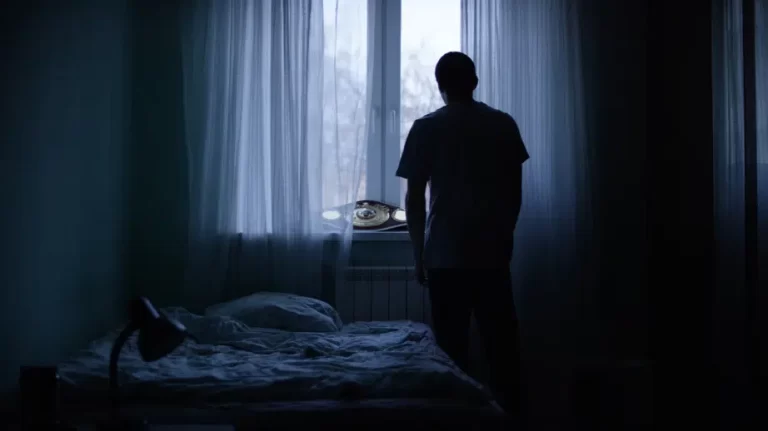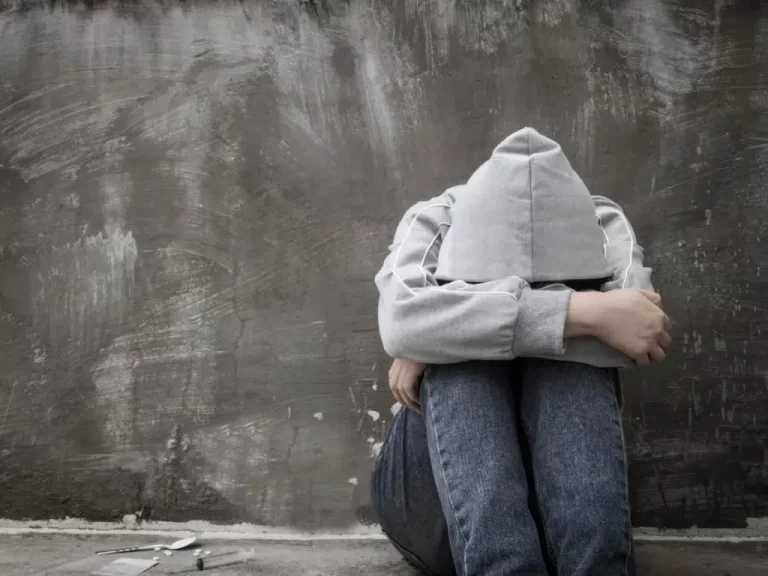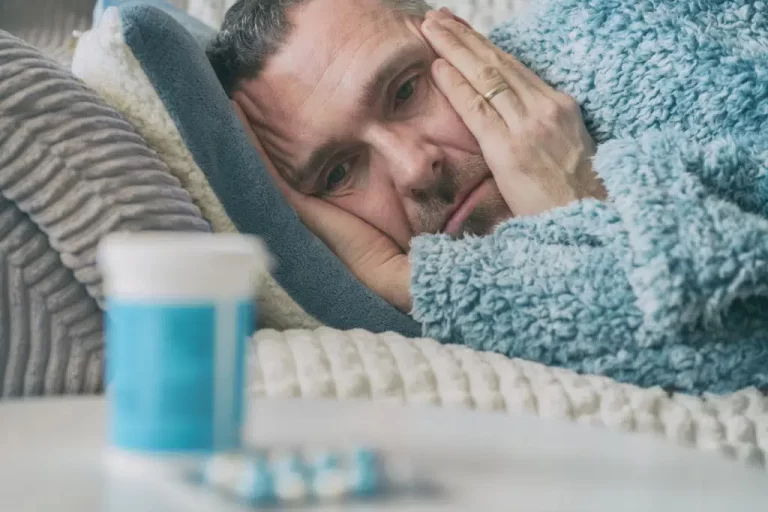Once you’ve detoxed, overcome your addiction, and learned how to make healthy lifestyle and behavioral changes during your rehabilitation program, you may think the hardest part of your recovery journey is over. That’s why it can be so disheartening to experience depression after rehab.
Adjusting to life in recovery can be surprisingly difficult, but it’s important to understand you’re not alone. In fact, experiencing feelings of depression after rehab is completely normal whether you were treated for a co-occurring mental health disorder or not. Signs that you may be experiencing depression include:
- Low mood
- Feelings of worthlessness
- Insomnia or other sleep problems
- Chronic fatigue
- Social isolation
- Anhedonia (diminished pleasure from previously enjoyable activities)
- Over- or under-eating
- Difficulty concentrating
- Feelings of guilt or shame
- Persistent thoughts of death or suicide
Two reasons you may experience depression after rehab
Here are two reasons you may experience feelings of depression after rehab:
- Brain chemistry
Addiction interferes with how the nerve cells send, receive and process information in the brain. They do this by imitating the brain’s natural chemical messengers, overstimulating the “reward center,” and flooding the brain with excess dopamine (the “feel good” chemical). This chronic overstimulation interferes with the brain’s normal functioning, so when an addictive substance is suddenly withheld (like when you’re getting sober), the brain needs time to recover. While your brain regains its normal ability to produce dopamine, it’s common to experience lingering feelings of depression. - Dual diagnosis
Dual diagnosis means a person has both a mental health disorder (e.g., anxiety, depression, etc.) as well as an addiction. According to the National Survey on Drug Use and Health (NSDUH), as many as 45% of people in the United States struggle with a dual diagnosis. In recovery, depression may be a residual effect (if it emerged because of the addiction) or it may be the core disorder that needs ongoing or long-term treatment.
If you find yourself sober and depressed following a treatment program, it can also be the natural result of having made significant lifestyle changes like letting go of toxic habits and relationships, making new friends, finding new hobbies, and taking control of your finances.
How to overcome depression after rehab
If you’re sober and depressed, there are several things you can do to help stabilize your mood and move forward with your day-to-day life, including:
- Medication management
Medication can be an invaluable tool in supporting a healthy recovery. Talk to your doctor or care specialist to find out if anti-craving medications or antidepressants are right for you. - Individual or small group therapy
Participating in individual or small group therapy sessions can help you cope with triggers, stress and cravings to help you prevent relapse. It can also provide much-needed support as you work toward your life goals. - Supportive therapies
Supporting therapies, like mindfulness meditation, yoga or journaling, can help lower anxiety and stress levels while increasing resilience and determination. - Sober activities
Participating in sober activities, with or without sober friends, offers many therapeutic benefits for the mind, body and spirit.
If you or a loved one is experiencing lingering or overwhelming feelings of depression following an inpatient or outpatient rehabilitation program and are interested in receiving continuing care services, call Miramar Recovery Center at 949-691-5036 to get the help you need. Achieving sobriety is a huge accomplishment, and aftercare services are available to help manage your social, emotional and spiritual well-being as well as lower your risk of relapse for as long as you need it.



